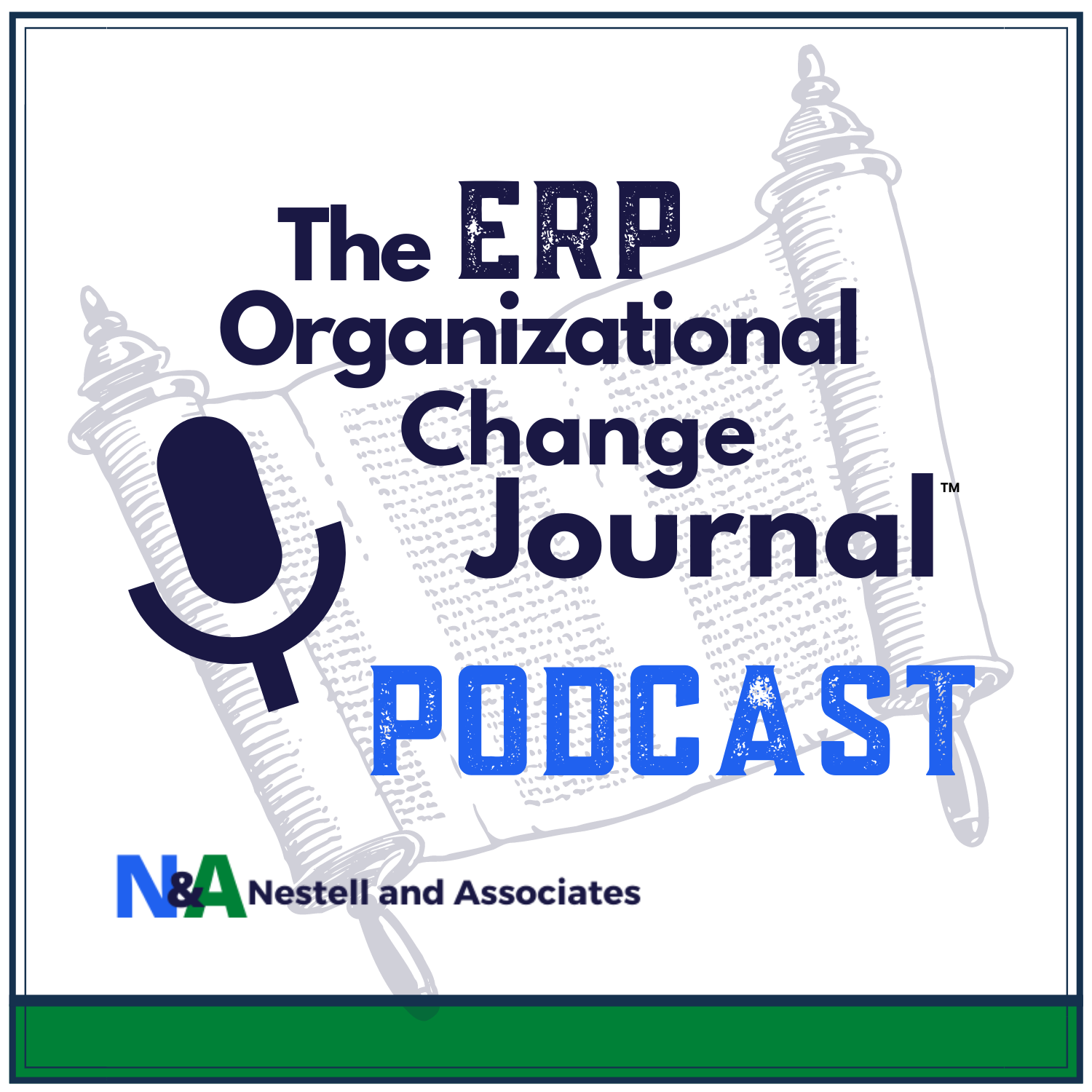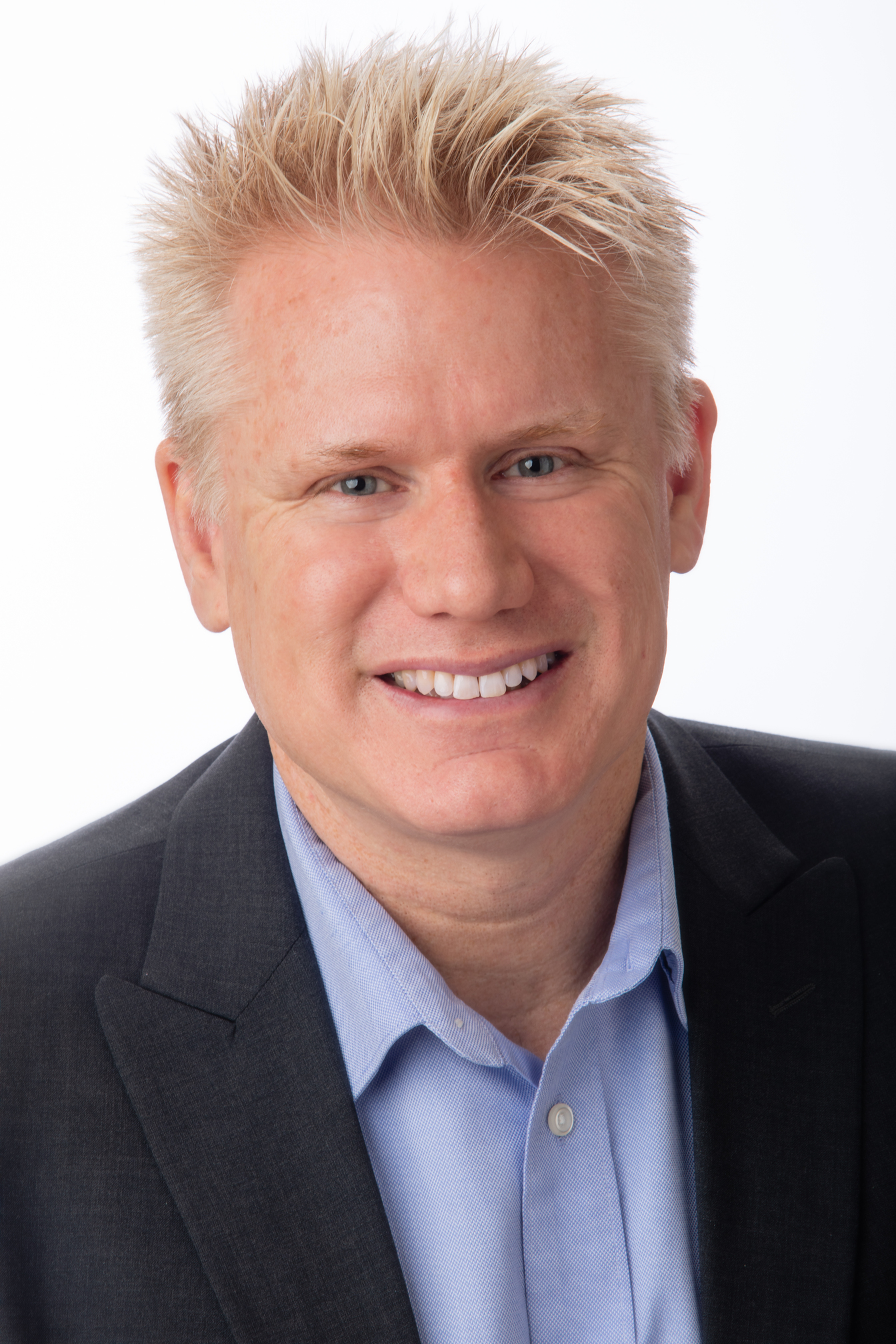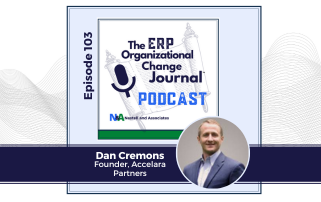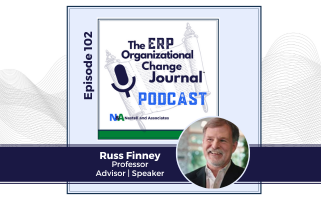In This Episode
In this episode, we discuss “ The Smartest Person in the Room“, the title of Mr. Christian Espinosa’s book.
This episode examines some key leadership influences including leadership and emotional intelligence, “models of the world”, empathetic leadership, Cognitive vs Affective Empathy leadership, transformational strategy, Neuro-Linguistic Programming (NLP), growth mindset, self-acknowledgment and acknowledgment of others. We will also discuss technology leadership and its role in cyber security.
Stream this Episode Here and Subscribe on all Major Platforms
We want this podcast to be the most useful podcast you listen to. And we need your help! Please leave us a podcast review!
Christian Espinosa
Christian Espinosa is Alpine Security’s CEO/Founder.
Mr. Espinosa is Best Selling Author of “The Smartest Person in the Room: The Root Cause and New Solution for Cybersecurity”.
He holds over 25 certifications, including the CISSP, CCISO, and PMP. Christian is a US Air Force veteran with a BS in Engineering from the US Air Force Academy and MBA from Webster University. Christian holds multiple patents on cybersecurity attack and defense.
More About Christian
Major recent projects include completing his book, “The Smartest Person in the Room“, selling Alpine Security to Cerberus Sentinel, penetration testing and assessments of commercial aircraft, medical device penetration testing, and numerous incident response projects.
When Christian isn’t protecting us from cybercriminals, he climbs mountains, travels the world, teaches outdoor wilderness survival, and competes in Ironman triathlons.
My purpose is to raise ambition, increase connection, disrupt the status quo, and empower our clients to protect life and data from cybercriminals. Like most of you, my journey in life has had its challenges. I’ve made a lot of mistakes, used to value being perceived as the “smartest guy in the room” over connection and belonging, and said and done a lot of stupid things. Fortunately, I’ve done the work and continue to do the deep inner work to get over myself, to be a giver rather than a taker, and to seek similarities and connection, rather than differences and superiority.
I’ve worked in cybersecurity since the early 90s as a military officer, trainer, consultant, and leader. I started Alpine Security in 2014 to change the cybersecurity status quo and bring common sense to the industry. I’m currently the CEO of Alpine Security. I have over 25 cybersecurity certifications, am a certified high-performance coach, NLP practitioner, and more. I’ve taught cybersecurity courses to thousands all over the world. I’m a doer, not a talker. I like big talk, personal development, risky activities that require a waiver, Top Gun, Point Break, Nightwish, Kona, volcanoes, Ironman, Topo Chico, travel, and adventure.
Alpine Security focuses on several main areas to help prevent cybercrime:
– Medical device cybersecurity – we work with medical device manufacturers to ensure their devices are secure from cyberattacks; that the medical device used by your healthcare provider on you or your loved one for diagnostics or surgery is safe and secure.
– Fractional and virtual Chief Information Security Officer (CISO) – we work with SMBs to help assess cybersecurity risk and develop a cybersecurity roadmap. SMBs are vital to our economy. We want to do our part to help prevent data breaches.
– Cybersecurity training – we work with individuals and organizations to increase cybersecurity skills, knowledge, and abilities. Increased awareness helps prevent cybercrime.
Episode Resources and Links
Christian’s Website https://christianespinosa.com/
Get Christians Book
Order from Christians website https://christianespinosa.com/books/the-smartest-person-in-the-room/
Amazon https://www.amazon.com/dp/1544516215
Christian on Forbes https://profiles.forbes.com/members/tech/profile/Christian-Espinosa-Managing-Director-Cerberus-Sentinel/d4758724-c2e7-4ab5-9023-213400254aa3
Connect with Christian
- Phone number: (725) 888-4882
- Email address: info@christianespinosa.com
Episode Highlights & More about this Episode: The Smartest Person in the Room
06:20 What inspired your book The Smartest Person in the Room: The Root Cause and New Solution for Cybersecurity?
09:08 You state that “There’s a reason why there are only a few highly successful CISOs and CTOs in the world… Out of all possible influences, what would you say is a primary influence to technology leadership?
11:45 In your blog, “The Secure Blog Insights to Give You an Edge in Your Workplace and Your Life” You have an article titled Awareness: Models of the World. In this article, you stated that “Being an effective leader requires many things.” What Does “Models of the World” Mean? And how can people use that idea to be better leaders?
13:56 What Is Empathetic Leadership and how does it contribute to a positive corporate culture?
16:50 You shared an idea (not often discussed) called “Cognitive vs Affective Empathy Leadership”, what are they and how do they support effective leadership?
18:26 One of your strengths and areas of success is transformational strategy. I understand that this is a big question, but when it comes to leadership, what would you say are the pillars of an effective transformational strategy?
21:30 In your book, you mention Neuro-Linguistic Programming (NLP). NLP is a behavioral technology or really a set of guiding principles (primary founders are John Grinder and Richard Bandler). Can you explain more?
24:23 You stated, “Embrace uncertainty and new challenges by adopting a growth mindset.” How would you explain to our listeners what a growth mindset is?
26:14 You have many insights in your book for not only leadership development but also personal development, “Improve leadership and influence through self-acknowledgment and acknowledgment of others”.
a) Do you think that self-acknowledgment is one of the biggest obstacles to personal growth?
b) That is, who really likes to evaluate themselves. Especially if they already have had any sort of leadership success?
29:00 According to investopedia.com “Kaizen is a Japanese term meaning change for the better or continuous improvement. In your book, you state that an objective is to “Learn kaizen and apply root cause analysis for continuous improvement”. Can you elaborate?
31:03 What is Informed Realism?
32:09 A big point of your book is to help create technology leaders and to share insight into the world of cyber security. Your book discusses “Why are we losing the Cybersecurity War?” Can you share more?
34:10 How would you summarize this conversation? What would you say to ERP and IT organizational change practitioners?
Mentions
Ruiz, M. (2011). The four agreements: A practical guide to personal freedom. Amber-Allen Pub., https://www.miguelruiz.com/the-four-agreements
More Related Episodes from TheERPocj & Blog Posts
Episode 32: leadership, Innovation, and Technology with Guest John Rouda
Episode 24: Slow Down to Speed Up and Thrive in a 24/7 World with Guest Dr. Liz Bywater
Episode 3: Transformative Leader with Guest Ron J. West
More Episodes
Human Capital in PE-Backed Companies: Strategies for Leadership and Talent Management
Human Capital in PE-Backed Companies: Strategies for Leadership and Talent ManagementEpisode Overview - PE-backed Human Capital Strategies Today’s episode centers on the pivotal role of human capital in PE-backed companies, emphasizing how strategic leadership and...
ERP Organizational Change: Technology Strategy
ERP Organizational Change: Technology Strategy and Keys to SuccessEpisode Overview - Technology Strategy In general, at the highest level of categorization, there seems to be consensus on the importance of people and culture, informational technology, and project...
AI and Private Equity Synergy: Fueling Business Transformation
AI and Private Equity Synergy: Fueling Business TransformationEpisode Overview - AI in PE Strategies In this episode, we explore how AI and Private Equity synergies are fueling business transformations and reshaping investment strategies and operational efficiencies....






0 Comments